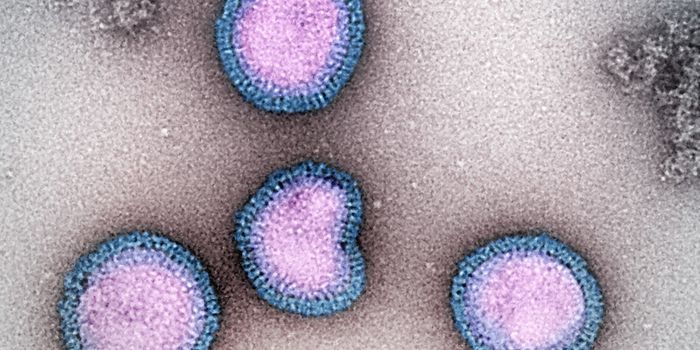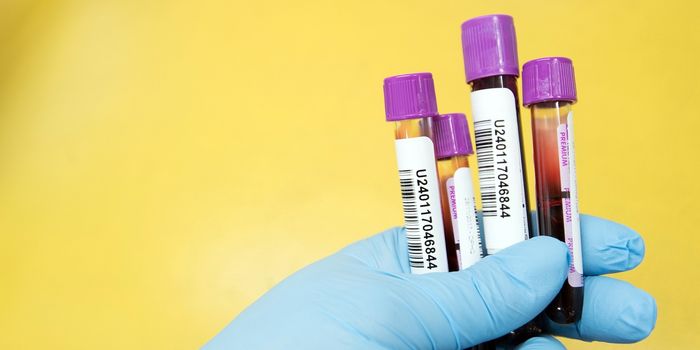Can Virtual Reality Address The Opioid Epidemic?
The current COVID-19 pandemic has overshadowed another public health challenge in the United States—and that is the opioid overdose. The last 20 years have witnessed a 200% increase in deaths due to opioid overdose. There has been the development of drugs that counteract the effects of an opioid overdoes—one being Naloxone.
Learn more about the opioid epidemic:
Naloxone is unique because it holds a standing order policy in more than 40 US states. This means that anyone can purchase the drug and potentially save a life without a need for a prescription. As such, citizens of the public can hold and store naloxone in case they encounter someone with an opioid overdose. However, how does one know if an individual has had an opioid overdose? And how can it be administered? These questions come in the time of social distancing which raises more challenges.
"Overdoses aren't happening in hospitals and doctor's offices," says Nicholas Giordano, former Lecturer at Penn's School of Nursing. "They're happening in our communities: in parks, libraries, and even in our own homes. It's crucial that we get the ability to save lives into the hands of the people on the front lines in close proximity to individuals at risk of overdose."
Learn more about social distancing (the new normal):
To address the questions, researchers developed a virtual reality (VR) immersive video training aimed at helping save lives in the new normal. The study was published in Drug and Alcohol Prevention and discusses how VR is just as effective as an in-person training in educating the public on administering naloxone and saving lives.
"We were really pleased to discover that our VR training works just as well as in-person training," says Natalie Herbert, a 2020 graduate of Penn's Annenberg School for Communication. "We weren't looking to replace the training public health organizations are already offering; rather, we were hoping to offer an alternative for folks who can't get to in-person training, but still want the knowledge. And we're excited to be able to do that."
Learn more by visiting: https://www.virtualinnovation.org
Source: Science Daily








